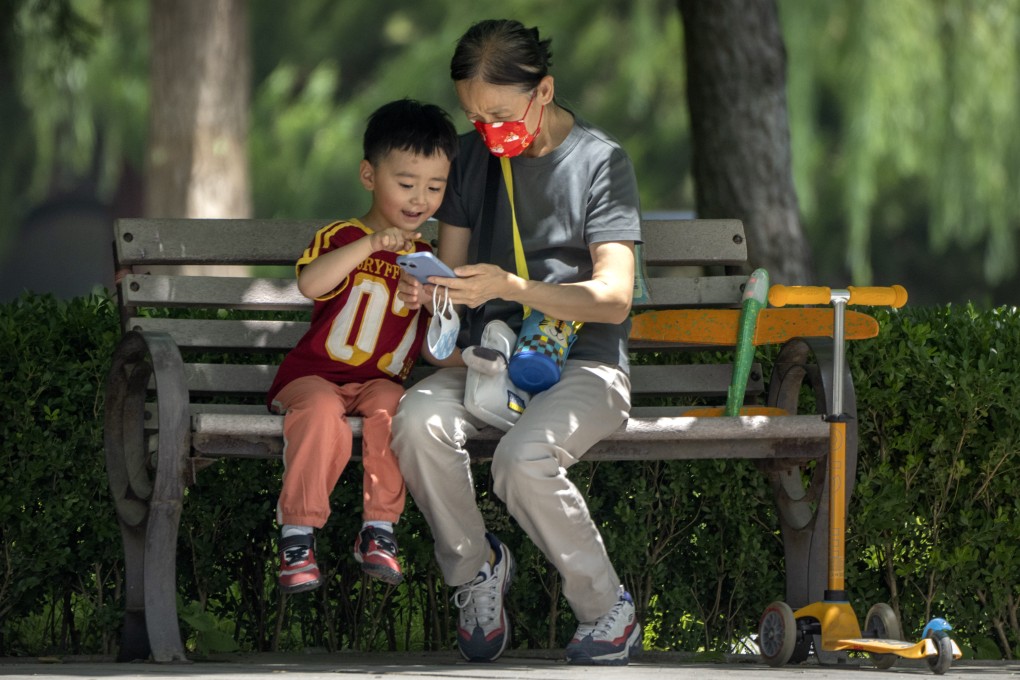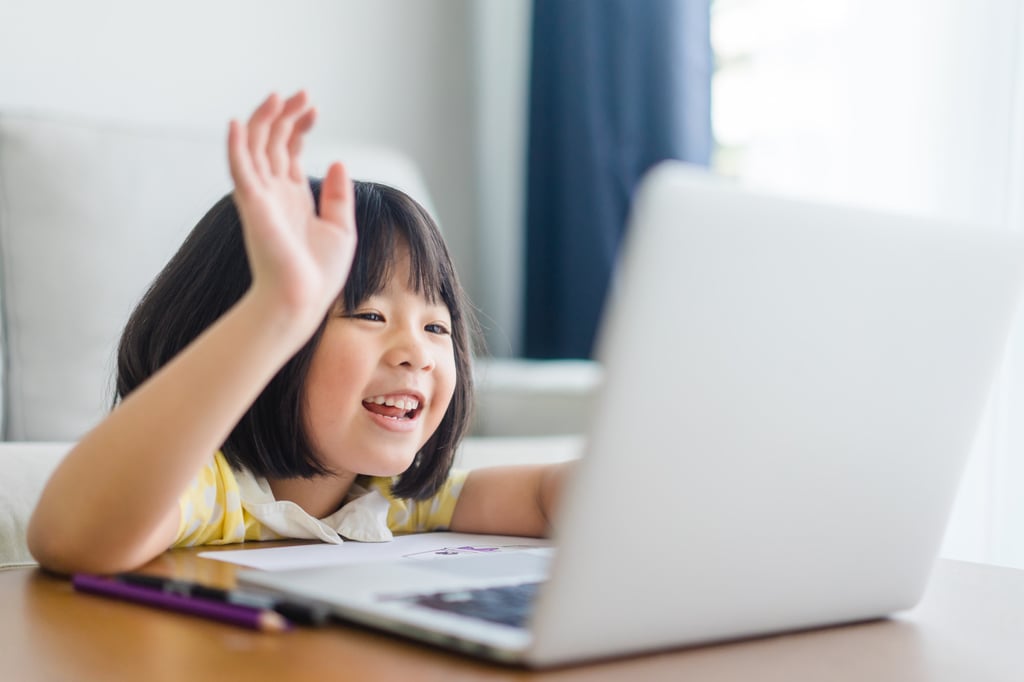Despite presenting many challenges, pandemic-era remote learning also helped parents better understand their child’s ability and focus, as well as gain more appreciation for the work of teachers
- Besides the great harm wrought by Covid-19, there were also opportunities taken and skills developed that can help students in future studies and in wider life
- Some children blossomed in a home environment that was comforting and offered fewer distractions than a busy schoolroom

The last couple of years have been challenging, to say the least. While the Covid-19 pandemic has had some very real negative consequences, there have also been unexpected bright spots. With the summer months here, let’s look at some of the positive impacts of the pandemic and how students may emerge stronger in the future.
Home schooling, together with office closures, were a seismic adjustment for all involved. Suddenly everyone was home for months on end, living, working and playing together. Emerging research shows that many children have benefited from having more time with their parents and siblings. The daily rush to school, work and activities was replaced by the need to stay home, in turn creating deeper bonds with family members.
Learning online from home, although less than ideal for some households, also provided helpful insights. Parents gained a much better understanding of their children’s academic capabilities, including their ability to focus, retain information and follow instructions. The outcome is that many children received extra support where they may have fallen behind in other circumstances, while parents gained greater appreciation for the work of teachers.

For children who find the social aspect of school challenging, a few months at home were a welcome respite. Parents sometimes forget that school is an overwhelmingly social environment. Children spend their days in classes with 20 to 30 peers, travelling through corridors and stairwells with hundreds of other students and teachers. It requires endless social decisions and interactions, many of which do not necessarily come easily to some children.
At home, in a comforting setting, children who struggle at school with socialising had the benefit of one-on-one play dates with hand-picked friends. With larger group dynamics absent, children could build a rapport with others and confidence in their social skills.
Other children used time at home as an opportunity to focus on schoolwork, away from the frequent distractions provided by their friends. Teens and tweens especially found themselves better able to stay on task, and out of drama’s way. With parents supervising directly, there was also less opportunity to zone out or goof off during lessons. The need to focus was paramount, and over time, this was developed into a more robust skill.
Another skill that grew over time was time management. The daily list of activities and assignments provided by teachers required organisation on behalf of students. Working independently from home, but still with the expectation that lessons needed to be completed, took planning and diligence. Learning how to work step by step through larger projects, prioritising assignments, and taking proper study breaks all became very necessary to survive online schooling.